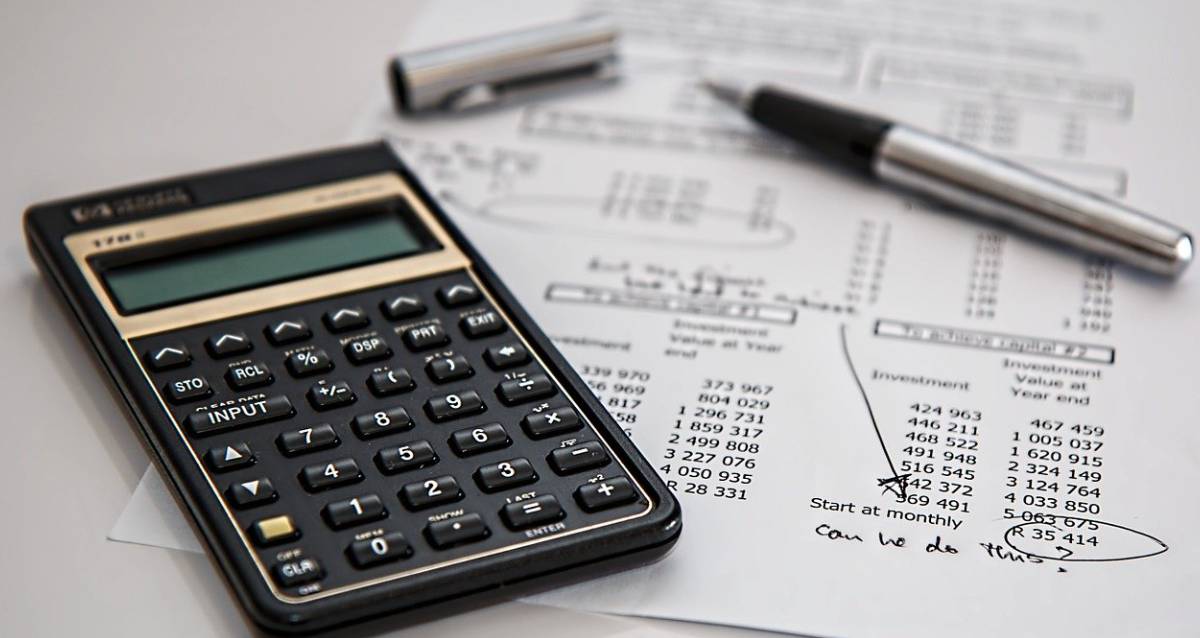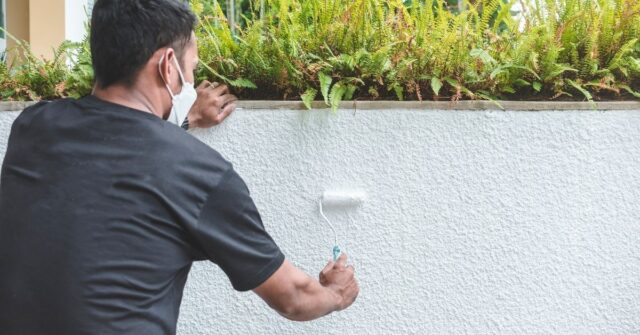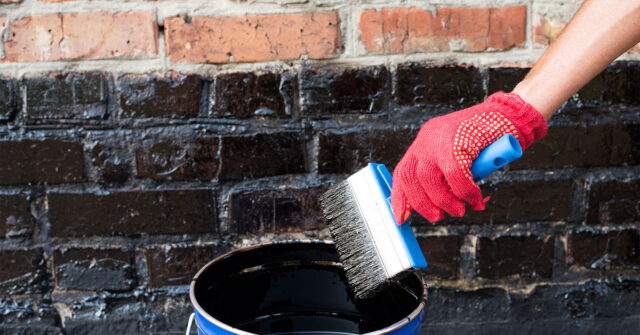If there’s anything that any decent and hardworking individual dreads all the time, it’s paying their taxes.
There’s nothing fancy about knowing that a huge chunk of your earnings goes to taxes, an obligation all of us have to pay year after year.
However, as a rental property owner, there may be a reason for you not to fret as much.
For example, you may be able to have a reasonable deduction on your taxes if you’ve done repair and maintenance work on your rental property.
Having said that, you only need to make sure that you are properly informed of how it works. And by that, we mean the following:
- You have properly consulted a tax expert or an accountant
- You have records of or access to receipts and paperwork
It’s also important that you are only claiming what is under the regulations. Otherwise, you may be in for a lot more trouble than you are out to gain.

Why Claim Painting as a Tax Deduction?
Just imagine how much you’ll get back just for claiming painting or any other repair and maintenance work on your taxes.
The more money you spend on maintenance and repair on the property, the more it increases your cost base and decreases the amount of capital gains tax you’re obligated to pay come tax season.
What Claims Does the ATO Allow for a Rental Property Owner?
There are generally four areas in owning a rental property that you are allowed to make claims on Improvements, maintenance, repair and management.
And whilst all of them are allowed for tax claims, you need to know that the Australian Taxation Office has a separate set of guidelines for each.
That’s why it is important that you’ve done your research and are in touch with an accountant or tax expert as you work on making any claims.
Can You Claim All The Time?
Generally not. One of the conditions that these tax guidelines have is that the property should either be advertised for rent or is currently rented out. If neither condition is met, you’re not likely to make claims on it.

Where Does Painting Fall In These Areas?
If you spent a significant amount of money on giving your property a fresh coat of paint (interior and or exterior), you’re definitely able to make a claim.
You just need to make sure that you make a claim in the right area.
Did Your Property Have Wear & Tear and Damaged Surface Paint?
If this is the case, you’d be able to make tax claims under the maintenance category. This includes cleaning the surfaces and giving them a fresh lick of paint.
The cost of repair and maintenance may be deductible in full if the amount is directly spent on repairing the damage or normal wear and tear.
Just keep in mind that in order to claim deductions for the full amount, the property should:
- Be continuously rented out
- Be continuously advertised for rent if not being rented out
- In cases where the rental property is unoccupied due to cancellation, unsuccessful advertising or terrible weather conditions, the ATO may still allow a full claim on tax deductions.
Need Painting for a Renovation or Newly Installed Furniture and Cupboards?
These are generally considered as new work done on your property to potentially raise the rental value. Hence, it’s considered an improvement. Under this category, you’d still be able to make tax claims.
Guidelines on what tax deductions you can claim on painting as property improvement may sometimes become a little complicated. But to give you an overview, you may refer to this information.
- Adding new partition walls, doors, windows, and fences that require paint work are eligible for Capital Works deduction claims.
- If you needed to install new cupboards and cabinets in certain rooms in the property that needed to be painted, you may claim tax deductions under Capital Allowances.
Summing It Up
To avoid getting in trouble with the Australian Tax Office, there are three things in summary that you might need to make sure of when making your tax deduction claims.
- Declare all the earnings you received for the entire tax year. This includes earnings from short & long-term property rentals or renting out part of your home. Payouts from insurance and rental bond money are also considered rental earnings, so they also need to be included in your declaration.
- Provide accurate information on your expenses and only claim where you are eligible. It is also worth noting that you may be able to claim for certain expenses over a number of years. Don’t miss out on stating whether:
- You’ve rented out the property for the entire year or just a few months within the tax year
- You rented out the entire property or just a part of it
- You’ve lived in the property for a period of time
- You rented the property out below market rates
- Paperwork is crucial. See to it that you keep a record of all your income and expenses to back up your claim.
With a little bit of research and record keeping you should be able to do it yourself if you’re savvy enough in taxation and accounting.
However, it might be in your best interest to reach out to a professional to help with all the claims.
Often times a professional can help you ensure you are making all the correct claims which can actually help you pay less in taxes.
Not to mention you can be confident that your tax form has been filled out correctly to avoid the risk of running up any penalties.





